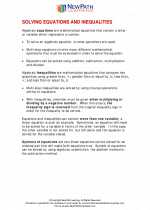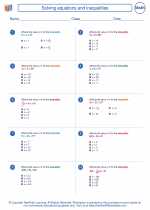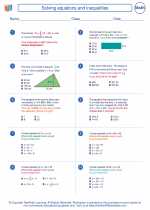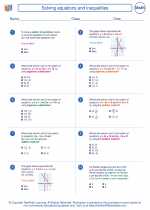Solar Calendar
A solar calendar is a calendar that is based on the Earth's position relative to the sun. It is designed to keep in sync with the seasons and the solar year, which is approximately 365.25 days long.
Characteristics of a Solar Calendar
- It is based on the Earth's revolution around the sun.
- It divides the year into 12 months, with each month corresponding roughly to a specific phase of the sun's journey across the sky.
- It typically includes leap years to accommodate the extra 0.25 days in the solar year.
Examples of Solar Calendars
Some examples of solar calendars include the Gregorian calendar (the most widely used calendar today), the Julian calendar, and the ancient Egyptian calendar.
Significance of Solar Calendars
Solar calendars are important for agriculture, religious observances, and civil planning. They help societies track the passing of time, schedule planting and harvesting, and plan religious festivals and celebrations.
Studying the Solar Calendar
To study the solar calendar, it is important to understand the concept of a solar year, leap years, and the astronomical basis for the calendar's design. It also helps to learn about the history and cultural significance of different solar calendars around the world.
Key Terms
- Solar Year: The time it takes for the Earth to complete one orbit around the sun, approximately 365.25 days.
- Leap Year: A year with an extra day added to keep the calendar in alignment with the solar year.
- Equinox: The two points in the year when the sun crosses the celestial equator, resulting in nearly equal lengths of day and night.
◂Math Worksheets and Study Guides Eighth Grade. Solving equations and inequalities

 Worksheet/Answer key
Worksheet/Answer key
 Worksheet/Answer key
Worksheet/Answer key
 Worksheet/Answer key
Worksheet/Answer key
